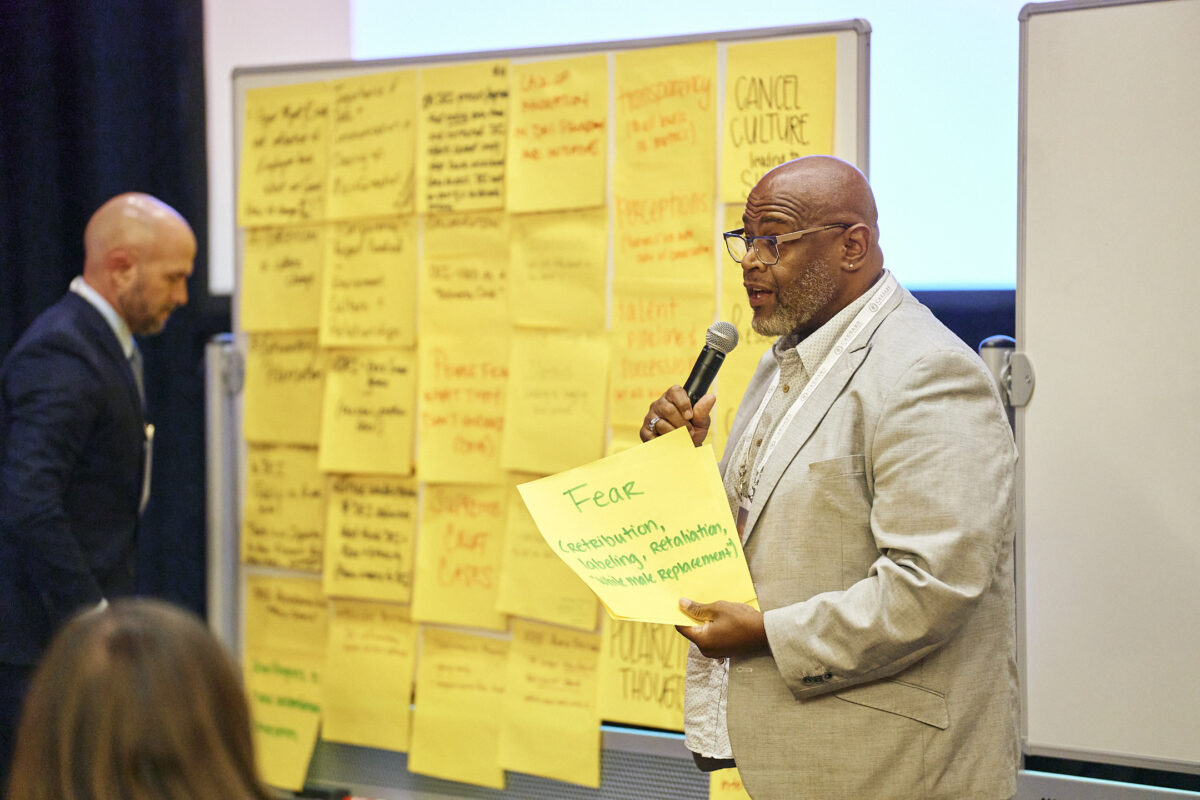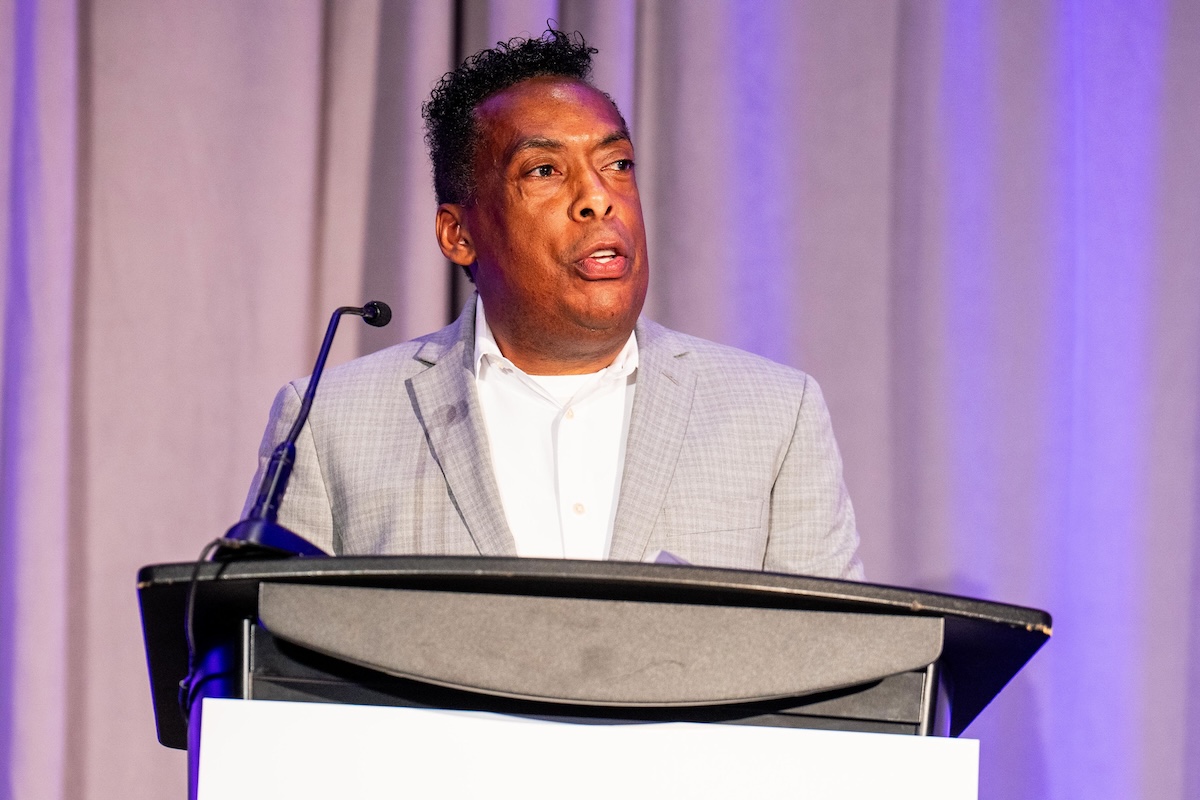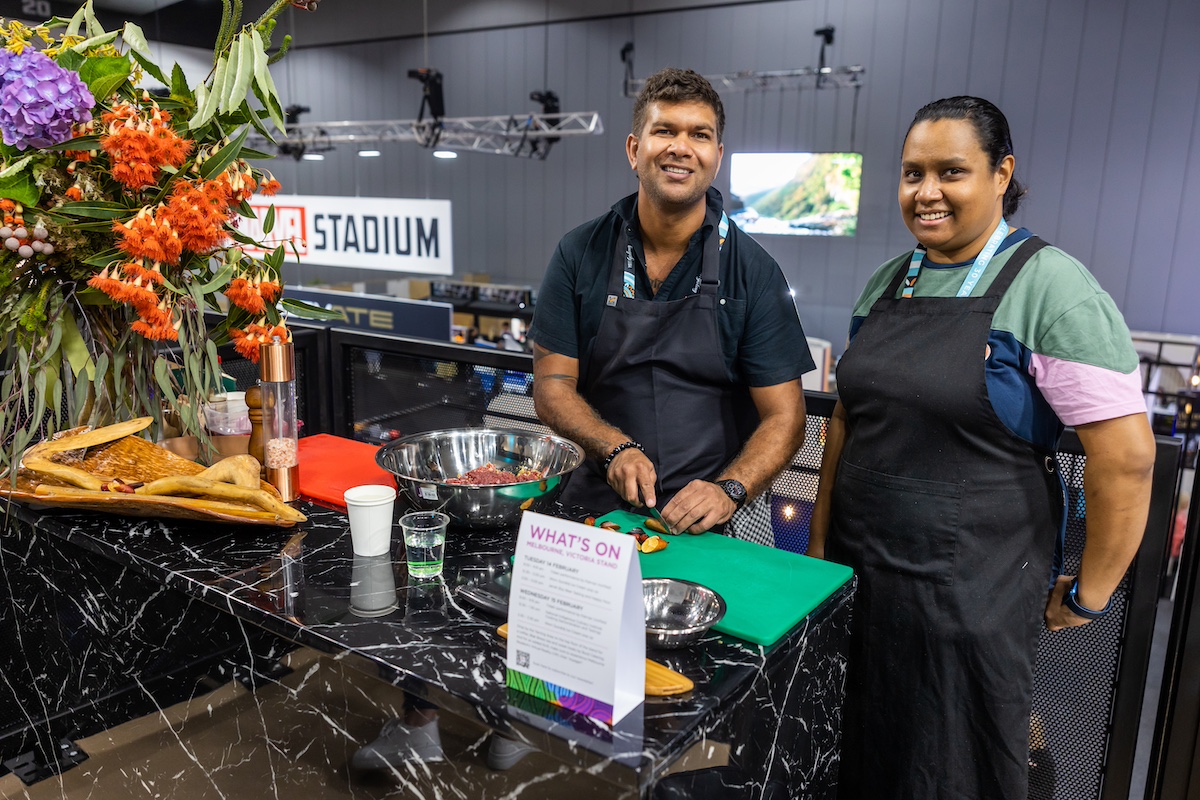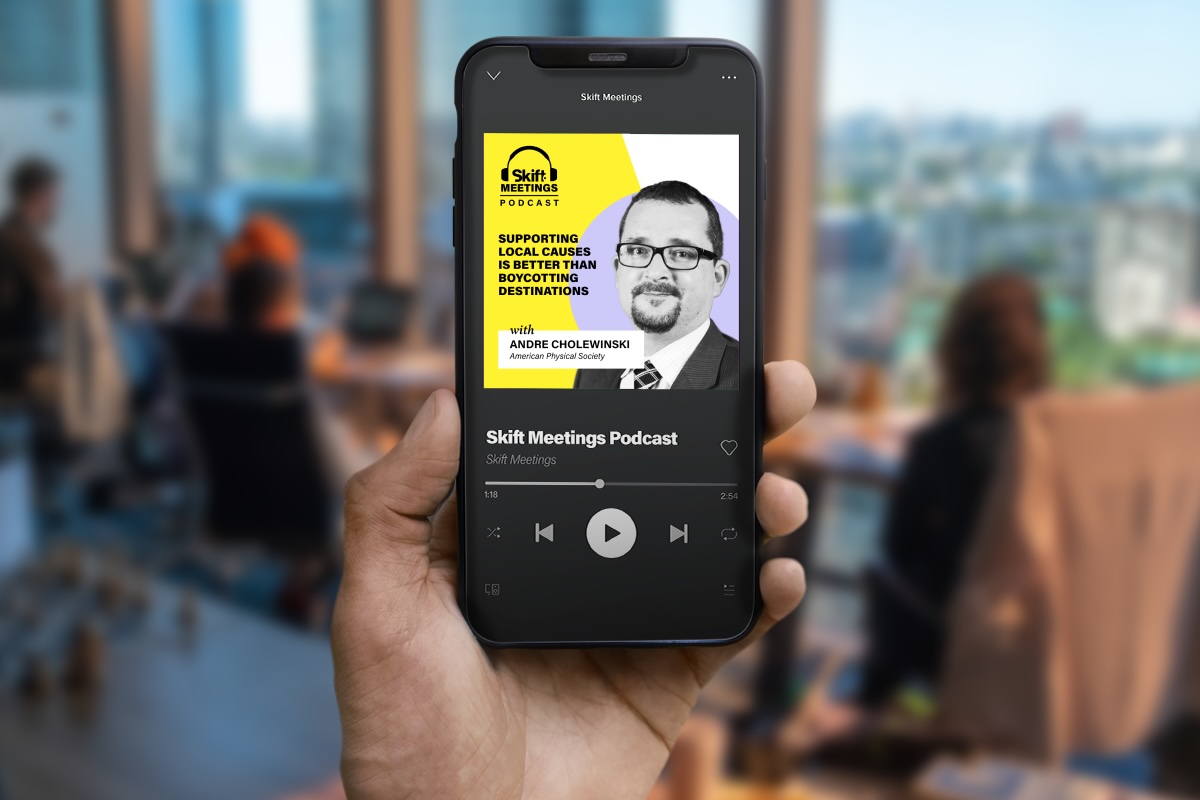Skift Take
The Supreme Court's bombshell decision on affirmative action this summer was a blow to diversity and inclusion efforts. As DEI efforts have lost momentum on the corporate level, meetings can help it stay on course.
Diversity, equity, and inclusivity (DEI) increased in companies across the board by 55% after George Floyd was pinned to the ground by Minneapolis police officers and subsequently died. In the three years since, DEI executive roles have slowly been eliminated.
In June, the Supreme Court reversed affirmative action. Although the ruling focuses on universities, the worry is it will lead corporations to slow their pursuit of DEI for fear of being targets of legal action. The ruling has placed increased scrutiny on DEI efforts by employers to curb their use in the workplace.
In addition, at least a dozen U.S. state legislatures have proposed or passed laws targeting DEI efforts, including laws limiting DEI roles and efforts in businesses and higher education and laws eliminating spending and training.
DEI Must Be More Than a Buzzword
Solutions to navigate this landscape were at the heart of Caesars Entertainment’s DEI Summit in Las Vegas last week. Its theme was “Activating Our Collective Leadership for a Just Economy,” and about 100 corporate, non-profit, and Caesars’ leaders attended.
This year’s summit became a DEI rallying cry. According to Paradigm, a tech company with a suite of tools and services designed to advance DEI, 54 percent of companies with budgets for DEI initiatives have decreased those budgets due to mounting anti-DEI external forces.
Although there are glimmers of hope in Paradigm’s report, overall, momentum is lost. In some cases, external forces are pushing back on companies’ investment in DEI, according to the report.
Caesars’ leadership looks to lead by example and demonstrate that DEI is not just a buzzword. It wants DEI to shape the culture of the company and drive collaboration. One example is how Caesars aims to have 50% of leadership roles held by people of color by 2025 and has stewarded this figure up to 43% thus far.
“By embracing and celebrating differences, we build a stronger community,” says Heather Rapp, senior vice president of corporate social responsibility at Caesars Entertainment.
Diversity goes beyond employing those of different colors, ages, sexualities, and abilities. It also includes those with different personalities, life experiences, and worldviews.
“We remain steadfast in our commitment to DEI initiatives. Rather than letting challenges deter us, we are poised to remain intentional and strategic in our approach,” says Greg Shinbur, director of DEI for Caesars Entertainment.
Summit Focused on Co-Creation
Holding to the summit’s theme, all voices in the room were equally important. Plus, everyone had the opportunity to share their DEI challenges.
“The idea behind the summit was co-creation rather than education,” says Bea Boccalandro, founder of VeraWorks. This organization helps companies with CSR, ESG, and purpose. Boccalandro is also an advisor to Caesars. “It was about synergizing the richness of various influences in the room.”
The audience broke into subgroups, and a group facilitator, timer, and scribe were chosen. The timer helped ensure participants stuck to the allotted times. The scribe took notes and then wrote the top challenges the groups identified on huge sticky notes to share with the rest of the audience. The facilitator was in charge of managing the conversation, making sure everyone had a chance to be heard.
“We received a lot of feedback after last year’s summit that there wasn’t enough time for honest and open conversations. That was the key driver in laying out this year’s agenda,” said Rapp.
Allyship was an overarching theme of the day. For example, one participant who works for an organization focused on women’s rights was enthusiastic about learning how to help another organization focused on people of color. “Participants truly modeled and promoted intersectionality,” says Boccalandro.
Diversity, Equity, and Inclusion can be a Brand Differentiator
She added that when companies rally around a meaningful issue like DEI, it differentiates their brand. She uses Caesars as an example. “When we learn that Caesars is promoting DEI, it confers a warm feeling via the limbic or emotional parts of our brains,” says Boccalandro. “This impacts prospects and customers by connecting more deeply to the brand than, say, knowing about the venue’s features.”
The meetings industry can do its part by being intentional with DEI in its meetings and conventions. “Diversity of thought. Diversity of expertise. Cultural diversity. They are all key in the meetings industry,” says Fred Keeton, principal and chief iconoclast at Keeton Iconoclast Consulting and a CSR advisor to Caesars.
One of the first places to start is to ensure you have diverse speakers. They should be varied in gender, race, and culture. Another is by supporting minority-owned businesses. For example, attendees at the summit were gifted scarves created by upcycling used saris from India. Sudara, the company that produces them, focuses on employing women in India involved in human trafficking to help end this insidious practice in the process.
“Through the meaningful conversations we had today, we are better equipped for the challenges ahead. While acknowledging the road ahead may be challenging, our commitment to this work is just the beginning,” says Rapp.
Skift Meetings, in partnership with the IMEX Group, created a report on ways the business events industry is accelerating DEI. It can be downloaded here.





